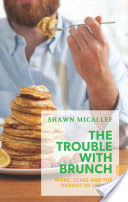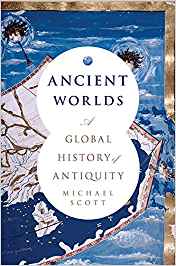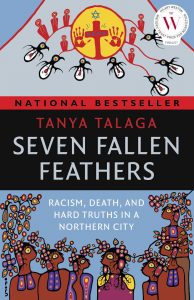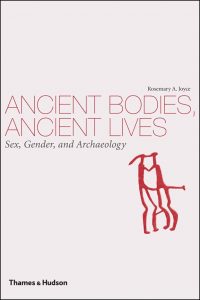I’ve fallen a bit behind in my book reviews so I’ll just quickly say a few words about a some books I’ve read lately.
The Trouble with Brunch: Work, Class and the Pursuit of Leisure by Shawn Micallef (2014).
Someone at Val’s office lent him this book and I pilfered it. It was a short and relatively fast read, kind of interesting.
Micallef details his Windsor sort of working class background and how it gives him a more realistic sense of class. He does discuss brunch a lot, probably too much. He dissects it as a reflection of our class consciousness. He also quotes Thorstein Veblen a lot. Veblen was a late 19th century – early 20th century thinker who wrote about the leisure class and conspicuous consumption.
Micallef also writes some things that he doesn’t quite finish up on about farmers markets. Though his experiences aren’t just Toronto-centered, I did like his local references, particularly to the Riverdale Farmers Market (which is quite different from the ones I frequent at East York Civic Centre and in Peterborough).
Micallef is a freelance columnist for the Toronto Star. He has a good sense of a city as a living, breathing entity. That I like a lot.
—
Ancient Worlds: A Global History of Antiquity by Michael Scott (2016).
This big book didn’t start off too well for me – the chapter on Roman-Indian interaction just went over my head. However, the subsequent chapters really captivated me. Scott’s main idea is that cross-cultural interaction defines history, yet each particular interaction has its own characteristics.
His case studies, so to speak, were Han China and its incorporation of Buddhism from India, Armenia and its incorporation of Christianity, and Constantine’s slow road to Christianity in the eastern half of the Roman Empire.
I have to say that I absolutely loved the parts on Armenia and Constantine. Who knew I had such interests? I have never read anything about Armenia’s ancient history. It turns out that Christianity was incorporated in such a way to bolster the ruling class. What a surprise! The parts on Constantine were eye opening too even though I know a fair bit about him and his time. What I did glean is a lot more about the way that the internal divisions within early Christianity were used by Constantine and his advisors to bring in tolerance of a highly persecuted religion.
As a person who teaches ancient history this book presents a real challenge to me. I absolutely want to incorporate its findings, and more importantly its global history ethos. However, time is limited and students don’t tend to do well in a global framework without a culture-specific framework first (at least in my experience they don’t). It’ll take me some time to figure out how to make use of this.
For those interested in this new stream of global histories, I highly recommend this book.
—
Seven Fallen Feathers: Racism, Death, and Hard Truths in a Northern City by Tanya Talaga (2017).
I wrote about this book in my OHASSTA blog post in March after having heard the author speak at our TDSB PD conference in February.
I was very touched by it, so much so that I kind of developed an anger toward Thunder Bay. I wanted to visit the north shore of Lake Superior – now I’m not so sure.
I truly feel all Canadians should read this book. We need to know that the legacy of residential schools lives on in such horrible ways. Yet the people portrayed in the book are so full of resilience and caring.
—
I have just started a new book. After reading about paleolithic cave paintings earlier in the school year I thought I’d follow up with something on archaeology.
Ancient Bodies, Ancient Lives: Sex, Gender, and Archaeology by Rosemary Joyce (2008).
More to come when I finish it. I’m only a few pages in – interesting interpretations about Venus figurines already!




One Response to “Recent Reads”